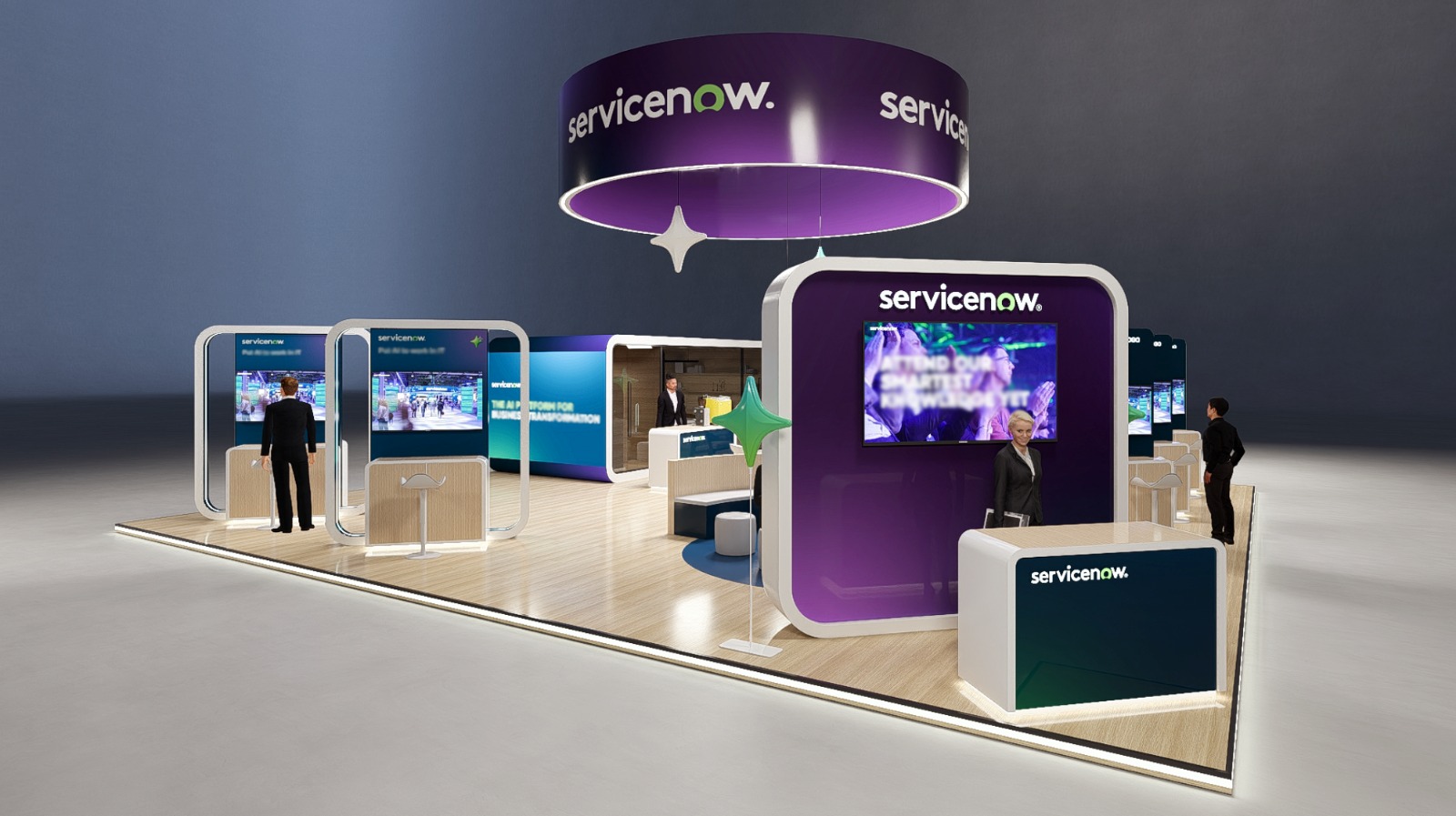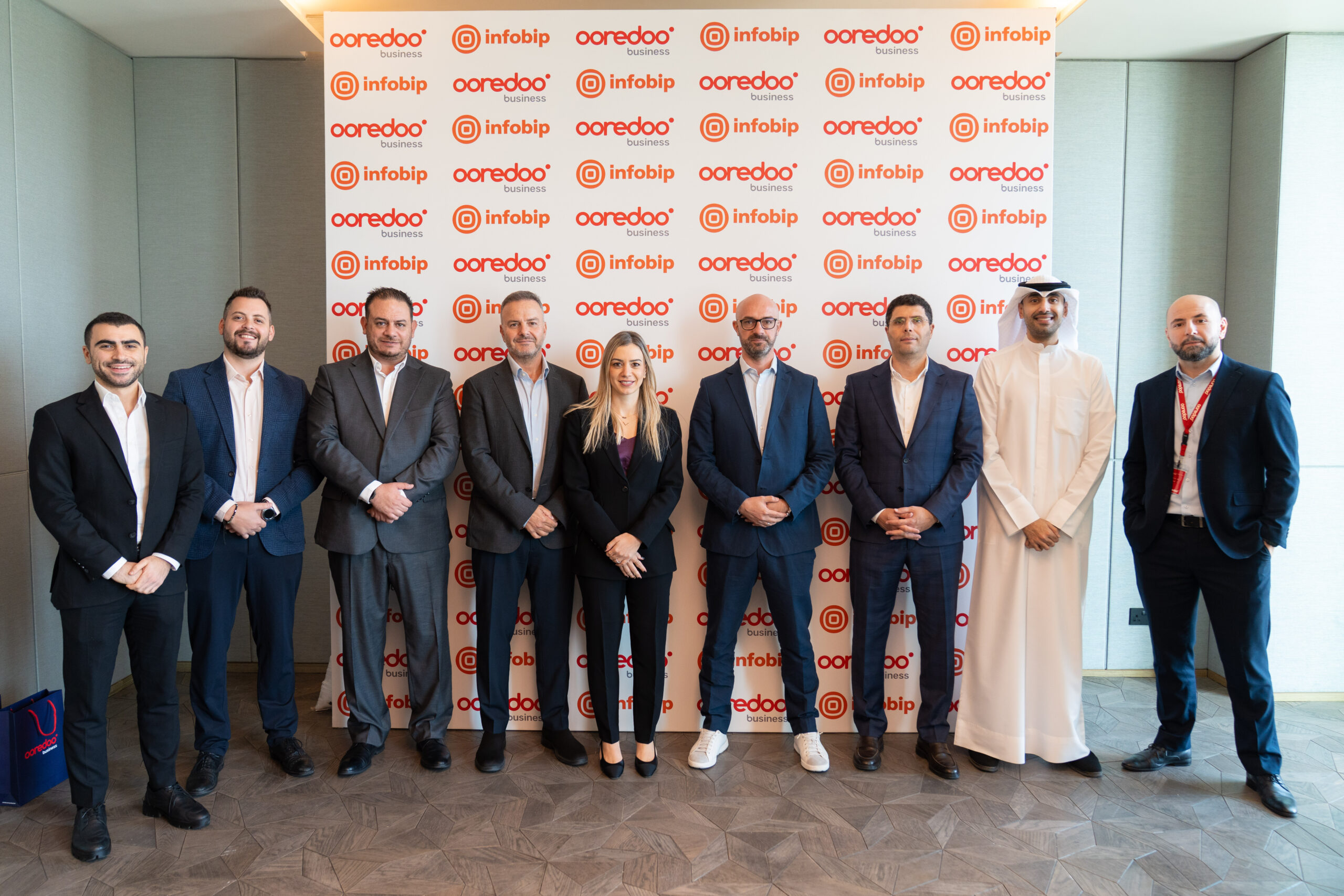Exclusive: AI Employees Transforming the Future of Work

Efficiency, scalability, and personalisation dominate consumer expectations, and businesses are under immense pressure to innovate. Manual processes, operational inefficiencies, and challenges in integrating advanced technologies often hinder growth. However, the rapid advancements in AI and machine learning are addressing these pain points, bringing a transformation in how we work.
by Marc Wehbi, Co-founder and CTO, Shaffra
AI employees—intelligent, adaptive systems—are emerging as the centrepiece of this evolution. Far from being mere tools, they are becoming integral digital colleagues who enhance productivity, accuracy, and collaboration, redefining the modern workplace. As global adoption grows, AI workforces are set to drive trillions in economic gains worldwide, including $320 billion in the Middle East, transforming industries and shaping the future of work.
A New Class of Workforce
AI employees are not your typical AI tools. They seamlessly integrate into existing workflows, handling compliance checks, customer service, and data analysis tasks. Unlike standalone applications, these systems are an extension of human teams, automating repetitive, time-intensive activities and freeing up human talent for creative, strategic, and decision-making roles.
Studies show that organisations adopting AI systems can boost productivity by up to 60% and reduce operational costs by as much as 80%. These digital colleagues operate 24/7 without fatigue, eliminating the constraints of time zones and reducing employee burnout. Whether it’s managing client communications or streamlining project timelines, AI employees ensure consistency, reliability, and precision.
For instance, Shaffra’s AI Employees have been implemented in a government entity in the GCC, where they facilitated document processing, resulting in a 70% reduction in manual effort and a 50% improvement in turnaround time. Similarly, a telecommunications company automated customer inquiries, improving response times by 30%.
Enhancing Productivity and Accuracy
AI employees excel in tasks requiring high precision, minimising errors by up to 95%. In the financial sector, for example, AI-powered compliance checks and fraud detection have significantly enhanced operational efficiency, reducing human errors by 95% and improving workflows by 40%. These systems continuously optimise processes by learning from data patterns, delivering scalable solutions that adapt to evolving business needs.
Moreover, AI employees address critical challenges in hybrid work environments. Integrated with corporate communication tools, they schedule meetings, manage tasks, and even contribute to virtual
discussions. Organisations can customize their AI employees, aligning them with unique operational workflows and company values.
Customisation and Collaboration
By integrating into corporate ecosystems, AI employees facilitate real-time teamwork between human and digital colleagues. Innovations such as avatars in virtual meetings enhance engagement by mimicking human body language, bridging the gap between physical and virtual interactions. Using advanced training systems, companies can customize their AI workforce to align with organisational values, operational requirements, and specific workflows. AI employees can also schedule meetings, and follow up on tasks. Accenture has onboarded over 150,000 employees in their metaverse the ‘Nth Floor’, with post-onboarding surveys showing 94% favorability.
A Vision for the Future
The integration of AI employees is not about replacing human jobs but evolving them. By automating certain tasks, these systems allow humans to focus on creativity, critical thinking, and leadership, fostering a more resilient and innovative workforce. Reduced burnout, faster project timelines, and enhanced customer satisfaction are just some of the benefits businesses can expect. According to PwC, AI could contribute up to 13.6% of the UAE’s GDP by 2030, driven by initiatives like the UAE Artificial Intelligence Strategy 2031 and Dubai Future Foundation. With the regional AI market projected to exceed $20 billion by 2030, businesses in the GCC are at the forefront of this transformation.
AI employees are the cornerstone of a workplace revolution. By embracing these systems, businesses can unlock unprecedented possibilities for growth, efficiency, and collaboration. The future of work is here, and those ready to innovate will lead the charge.








